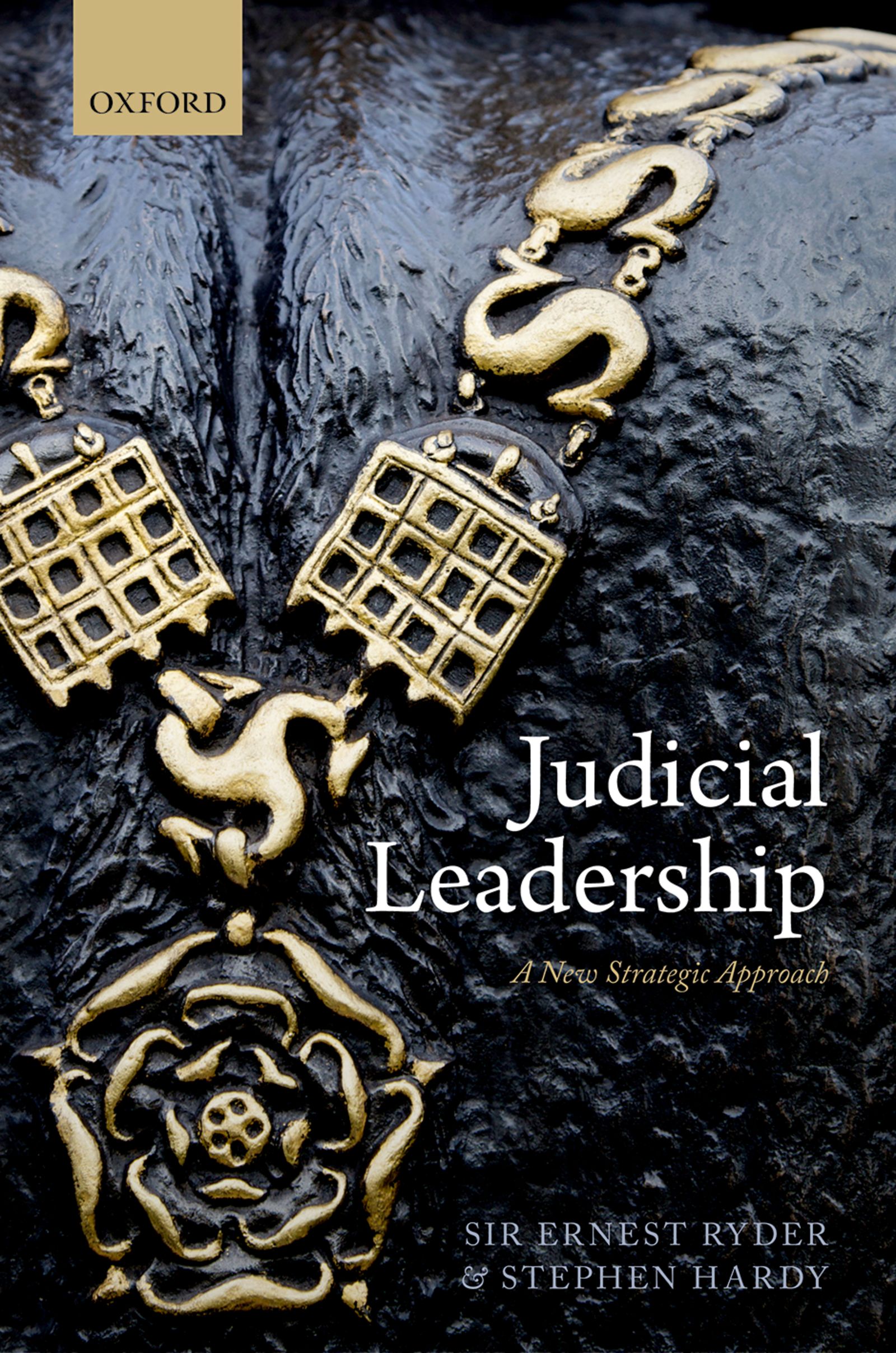
“Society is changing, requiring adaptation and resilience on the part of the judiciary”
- Authors: Sir Ernest Ryder and Stephen Hardy
- Publisher: Oxford University Press
- IBSN: 9780198829331
- Pages: 240
- RRP: £39.99
There was a time when an able and experienced QC became a judge, sat in court, sorted out the relevance and credibility problems in the evidence, ruled on any disputes in law, and gave his ultimate decision, usually sound; and went home. Not anymore. No longer is judging no more than an art, practised by those with requisite experience and a natural talent. Judging has also become a science.
The change principally has come about through the Constitutional Reform Act 2005. The role of the lord chancellor virtually disappeared, the lord chief justice became the head of the judiciary, and the senior president of tribunals became the head of the tribunals. The judges—over 5,000 of them—have taken over a significant administrative and management role as well as the judging role in the courts,









